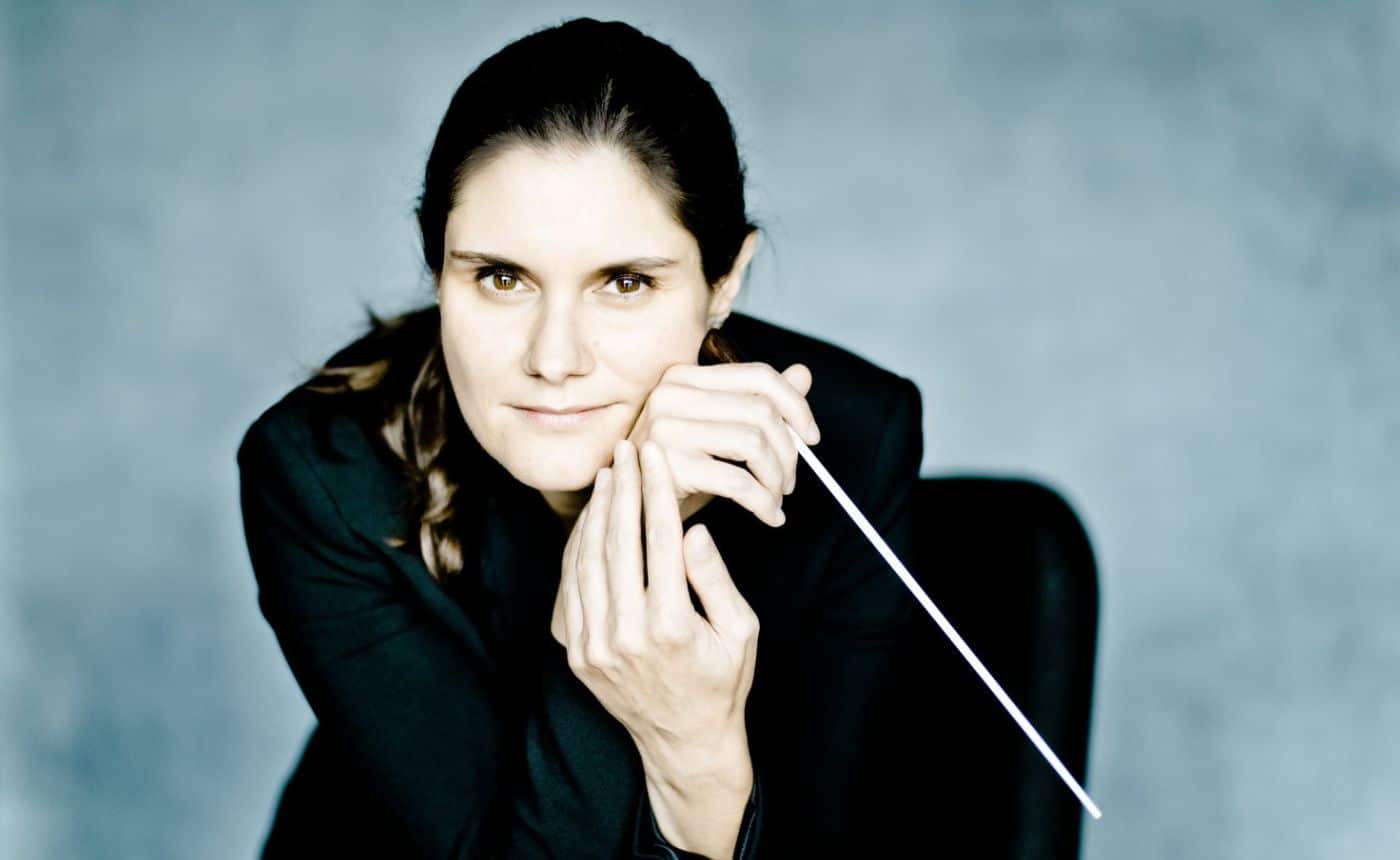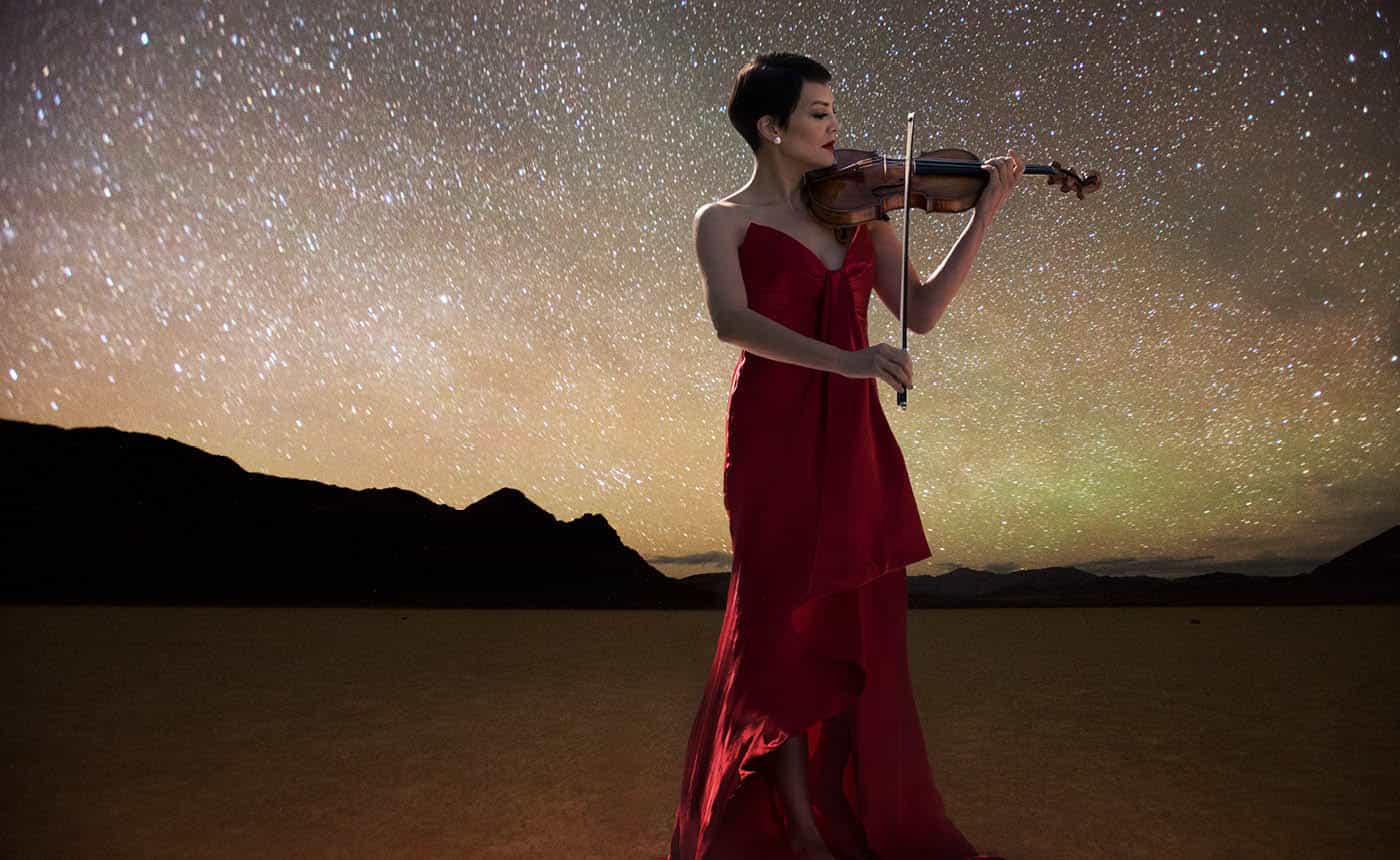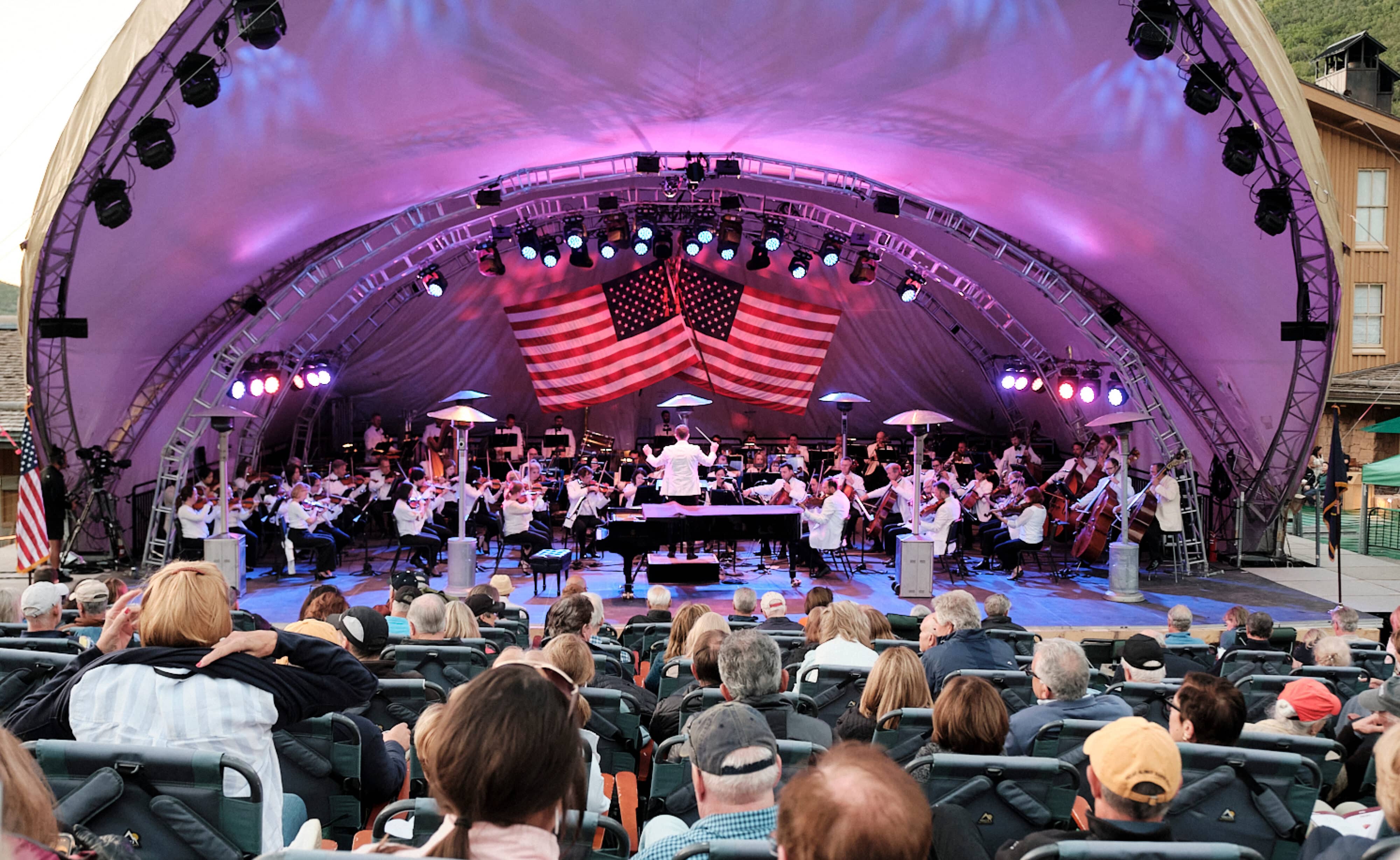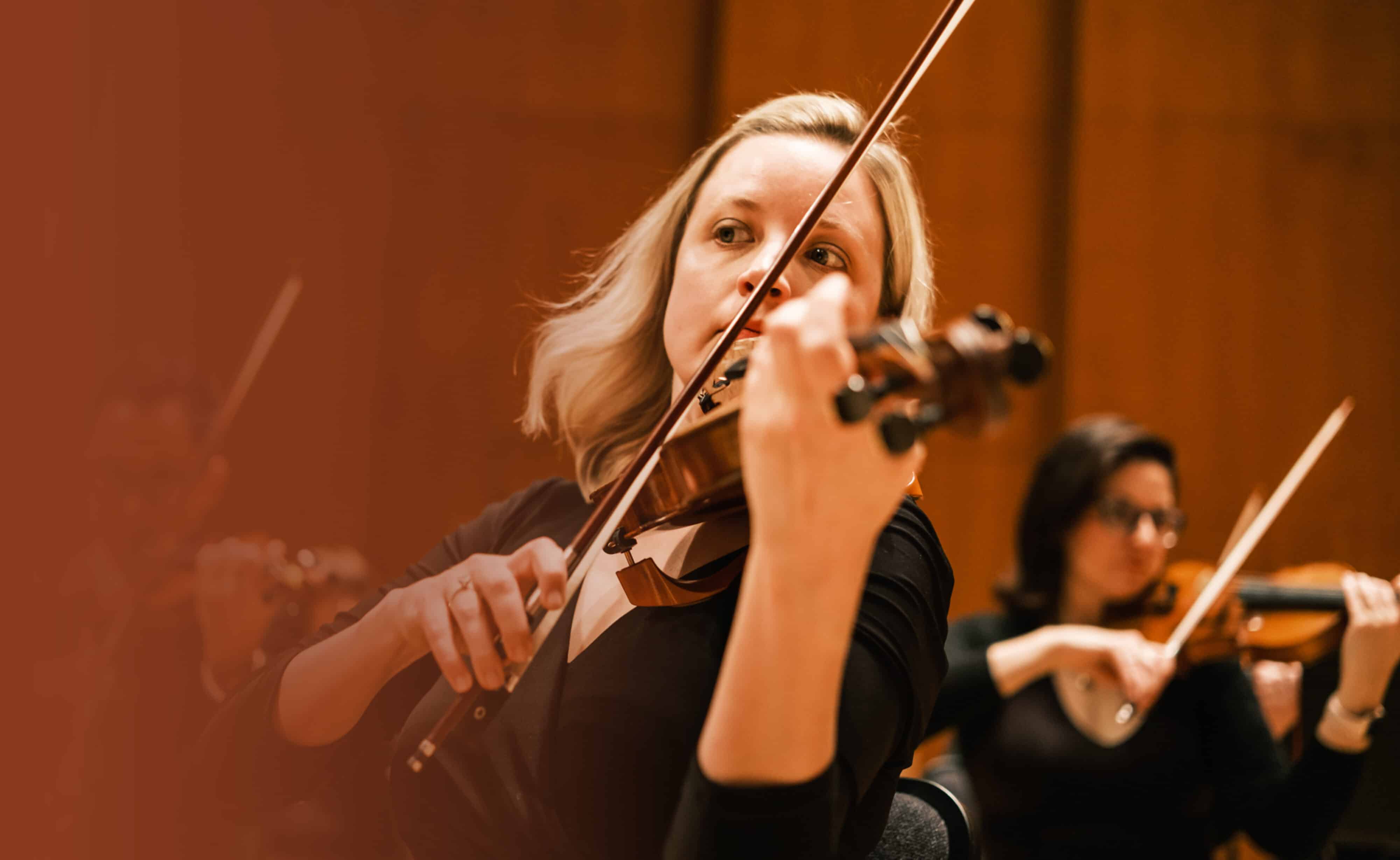RIMSKY-KORSAKOV: Suite from The Invisible City of Kitezh
by Jeff Counts
THE COMPOSER – NIKOLAI RIMSKY-KORSAKOV (b. 1844-1908) – In the last years of his impressive artistic life, Rimsky-Korsakov was a man pulled in two directions by time. He had sided with his university students in the 1905 Revolution and his progressive sympathy for their outrage cost him his job. Glazunov would reinstate him in due course, but Rimsky-Korsakov knew he would never again escape the gaze of the censors. Coincident with this hard lean into the social future, Rimsky-Korsakov had the opportunity in 1907 to hear new operas by Richard Strauss and Claude Debussy, both of which confirmed his status, by comparison, as a thing of the past. This path, his students would walk alone.
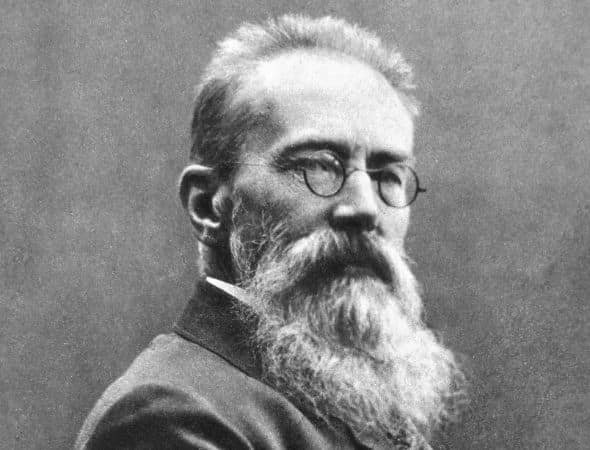
THE HISTORY – Though audiences today know Rimsky-Korsakov for his colorful orchestral works, his compositional personality was most evident in his operas. He wrote over a dozen of them, the majority based on Russian and Slavic fairy tales, and his depictions of the mysticism of Eastern legend relied on poetic nuance over theatrical muscle. This was never truer than with The Legend of the Invisible City Kitezh, a project Rimsky-Korsakov had been tinkering with since 1898. With this opera, his second to last, the composer envisioned the musical equivalent of what the literary world would call a “book of ideas”, an oblique exploration of themes and thoughts that favored color over plot. Rimsky-Korsakov and his librettist apparently struggled to bring this concept to the stage, both knowing that the audience would expect a story they could follow. Speaking of story, The Legend of the Invisible City of Kitezh tells of a nature-loving maiden, Fevroniya, who during a forest reverie is happened upon by Prince Vsevolod from the nearby city of Kitezh. The city is soon betrayed to the Tatars by the drunkard Grishka, but when the invaders press, the city answers Fevroniya’s prayer and becomes invisible, existing only as a reflection in the lake. The confused Tatars quickly abandon their siege and Kitezh’s noble dead are restored in spirit to their enchanted home. The premiere was given at the Mariinsky Theatre in 1907 and a young Sergei Prokofiev reportedly loved it enough to attend four performances. It was the last of Rimsky-Korsakov’s operas to be staged during his lifetime (The Golden Cockerel wasn’t premiered until 1909) and, in many ways, the most apt summation of his compositional philosophy. The Suite from Kitezh includes four sections: The Hymn to Nature that accompanies Fevroniya’s woodland idyll, the Wedding Procession of Fevroniya and Vsevolod that is interrupted by news of the Tatar advance, the horrific battle and massacre that follows and finally Fevroniya’s death and transfiguration in the rejuvenated city.
THE WORLD – Elsewhere in 1907, the Finnish Parliament became the first in the world to allow women candidates on their ballots, the RMS Lusitania made its maiden voyage, peasants staged a revolt in Romania and Maria Montessori opened her first school in Rome.





